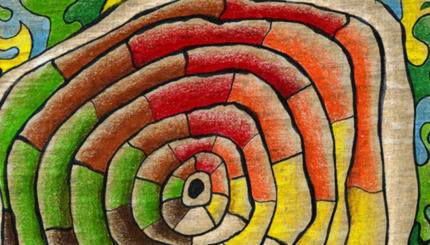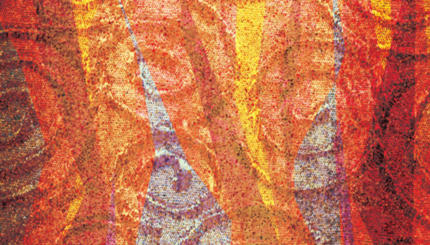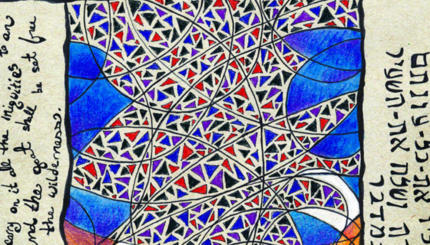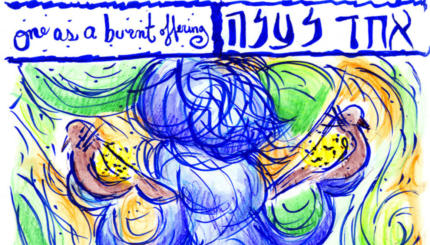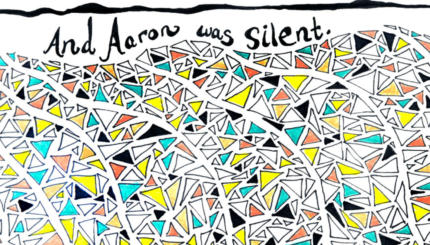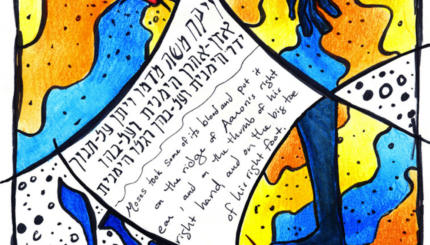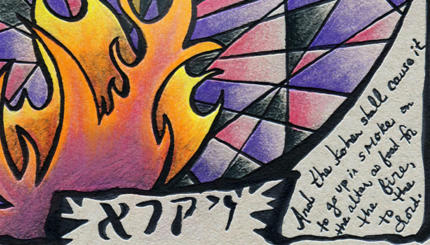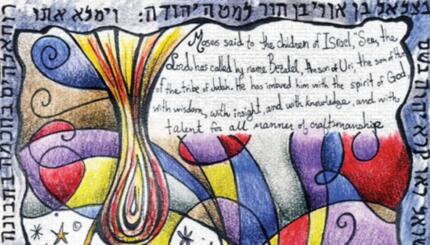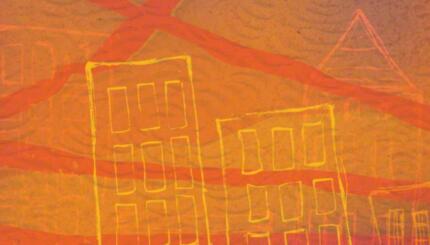Torah Commentary
Parashat Bamidbar: When Women Are Invisible
How do we make sense of the census commanded in this Torah portion, which specifies only men be counted?
Parashat Behar-Bechukotai: The Dark Side of Torah Ethics
Engaging with difficult passages in the Torah requires sitting with complexity and tension.
Parashat Emor: Sacred Time, Sacred Connections
An unusual juxtaposition in this Torah portion highlights an oft-overlooked piece of observing the major festivals.
Parashat Achrei Mot – Kedoshim: How to be Holy
The imperative to “be holy” is about more than just abstention.
Parashat Tazria-Metzora: Illness, Isolation and Lessons Learned
These two Torah portions describe in hyper-focused detail a spectrum of infections and the spiritual methods of remedying them.
When Silence is a Crime
According to one commentator, Aaron’s silence after the death of his sons only comes after he has finished crying.
Parashat Tzav: Bread in Abundance
Why does the Torah require that a gratitude offering be accompanied by loads of bread?
Parashat Vayikra: I Give, Therefore I Love
This Torah portion teaches that it’s better to give than receive.
Parashat Vayakhel-Pekudei: Our Bodies, Our Holiness
This Torah portion teaches that holiness is not meant to suppress our physicality, but to elevate it.
Parashat Tetzaveh: Pinterest for Priests
The Torah’s elaborate description of the priestly vestments reminds us that clothing has the power to change how we feel.

